“TSMC has been permitted to continue operations in Nanjing and we are in the process of applying for a permanent license for our operations in China,” the world’s largest chipmaker said. “We have been advised by the Bureau of Industry and Security (BIS) to apply for a Validated End-Use (VEU) license, which can serve as a permanent license.”
The VEU licensing procedure dates back to 2007, but TSMC said it had “no need” to apply for such a license before.
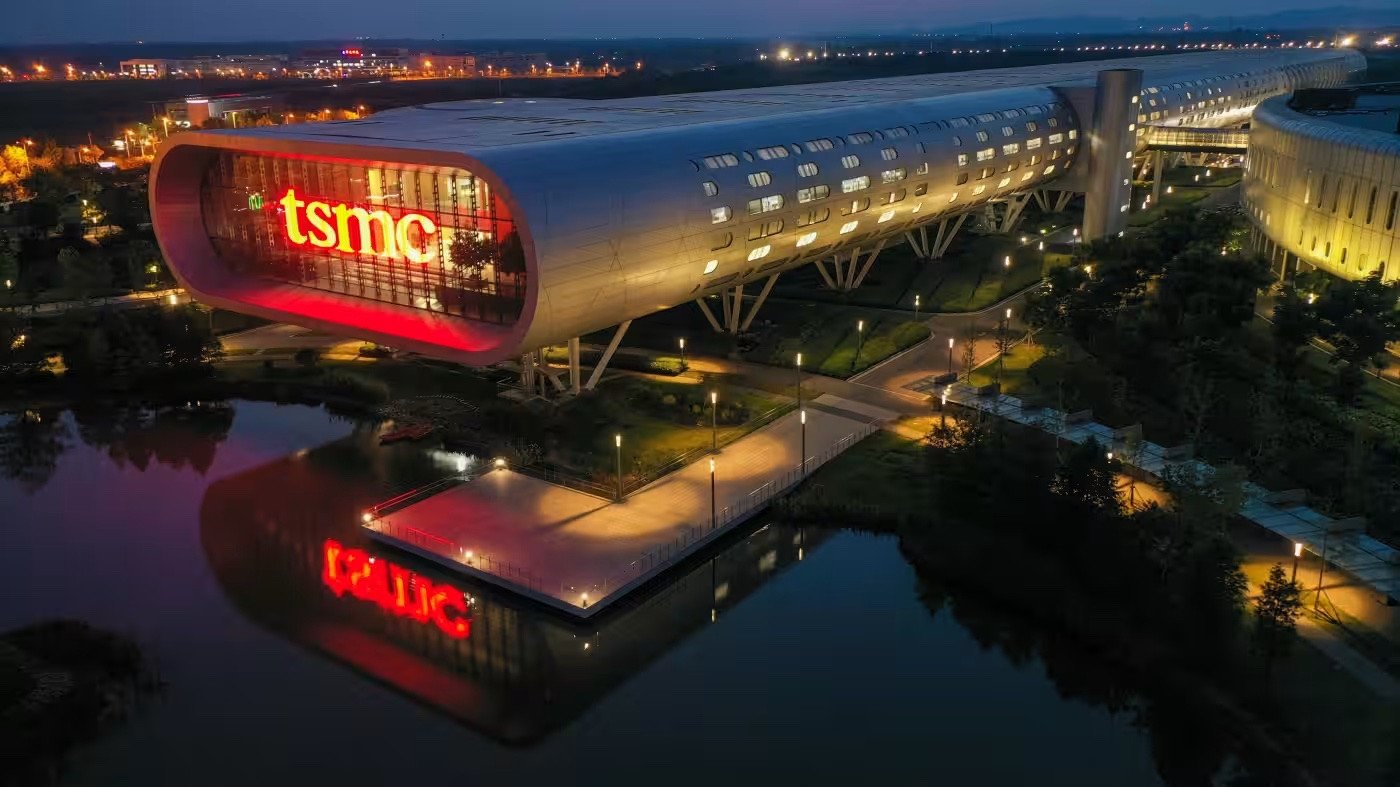
The Taiwanese company received a one-year license to continue receiving US machinery at its Nanjing chip manufacturing facility last year. The US imposed sweeping export controls on logic chip foundry tools with a process size of 14 nanometers (nm) or higher in October 2022.
TSMC's Nanjing plant operates 12nm and 16nm chip production lines, which are generally considered equivalent to 14nm technology. The facility also produces less advanced 28nm and 22nm chips.
Under the Commerce Department's export regulations, not only are American companies prohibited from assisting in the production of high-end chips in China, but foreign companies like TSMC must apply for a license if they want to found chips for mainland customers.
TSMC's application for a permanent license for the Nanjing plant comes as Washington is considering further tightening measures on technology exports to the world's second-largest economy .
In August 2023, Huawei unexpectedly launched a smartphone using its own chips, surprising US policymakers. Commerce Secretary Gina Raimondo called the breakthrough “disturbing” and asserted that Washington needed new tools to curb China’s technological ambitions.
In another development, the Taiwanese chipmaker is planning to build its second 6nm chip foundry in Japan. The total investment for the manufacturing facility in the southwestern city of Kumamoto is expected to be around 2 trillion yen ($13.3 billion), with a maximum government subsidy of up to 900 million yen.
Previously, TSMC's first semiconductor plant in Kumamoto began construction in April 2023. The second foundry is scheduled to begin construction in the summer of 2024, with production expected to begin in 2027.
TSMC said it plans to produce 6nm and 12nm chips at the above factories, with a total capacity of about 60,000 units per month. Most of the finished products will be supplied to Sony and other Japanese customers.
(According to Nikkei Asia)
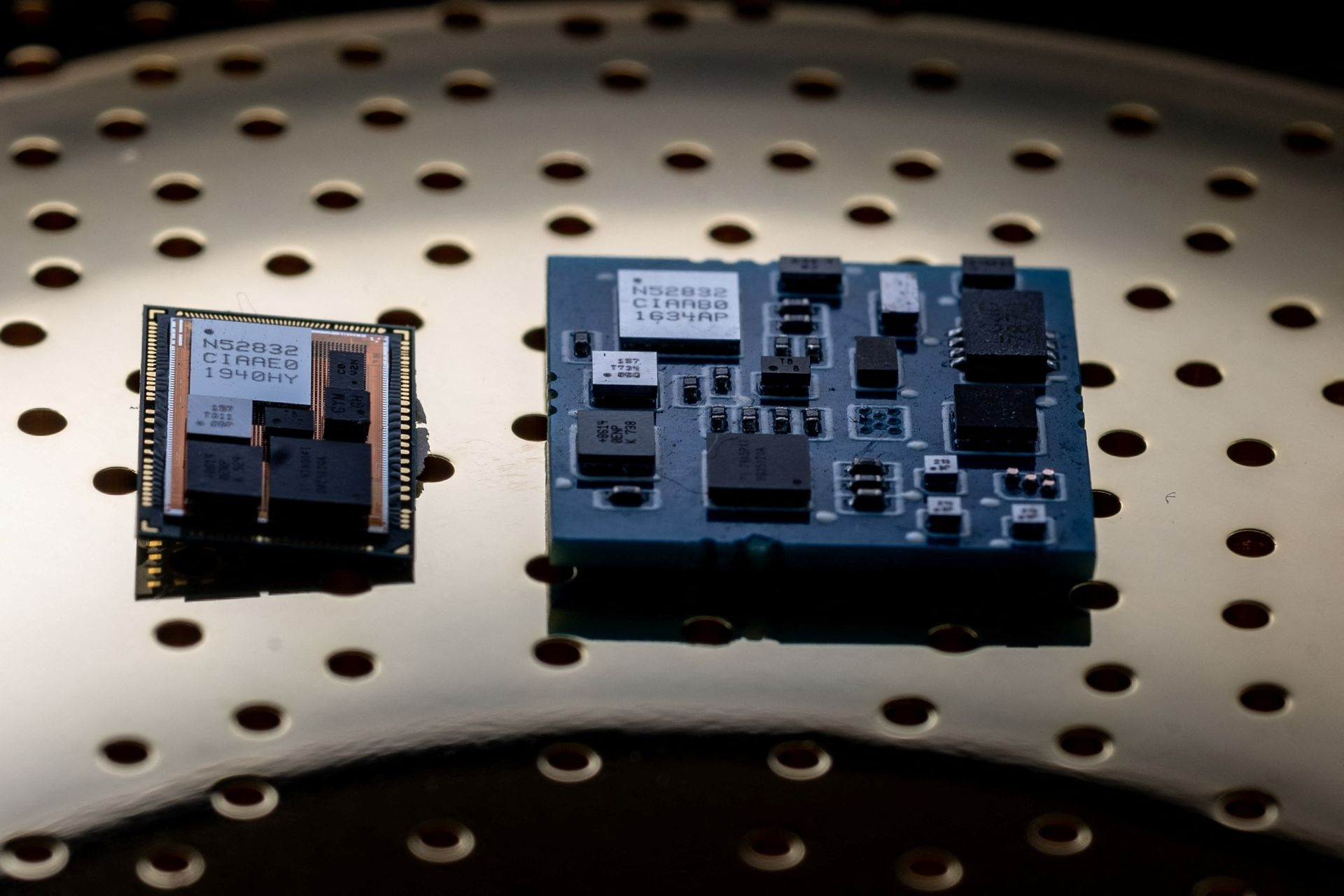
TSMC, Samsung lead advanced chip packaging technology
Taiwanese chipmaker TSMC is leading in patents for advanced chip packaging technology.
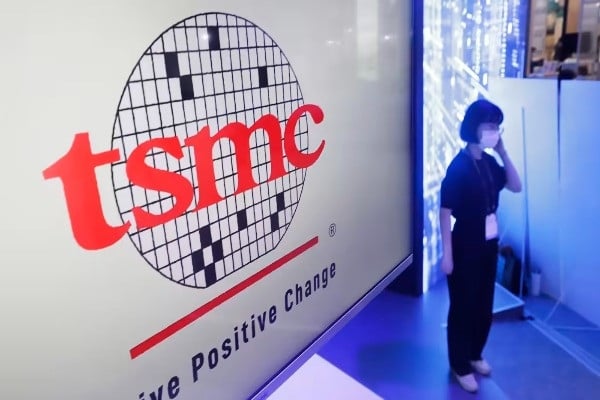
Macroeconomic recession and labor shortage in the US, TSMC is 'surrounded' by difficulties
TSMC is beset by difficulties due to the macroeconomic recession causing the market to decline, forcing it to postpone the opening date of its semiconductor factory in the US due to a lack of skilled workers.
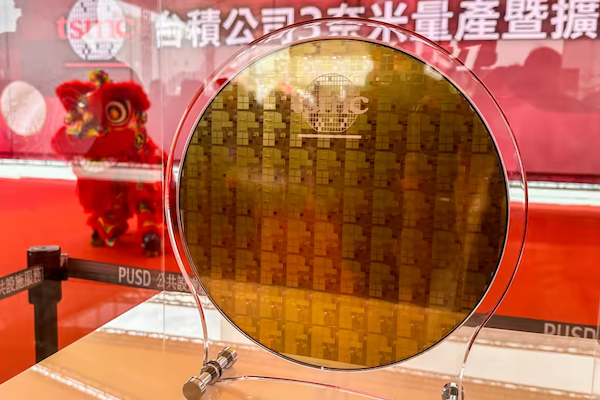
TSMC is not “abandoning” Taiwan in the global semiconductor supply chain
The world's largest chip foundry, TSMC, is spending $60 billion to expand mass production of the most advanced microprocessors in its home country.
Source


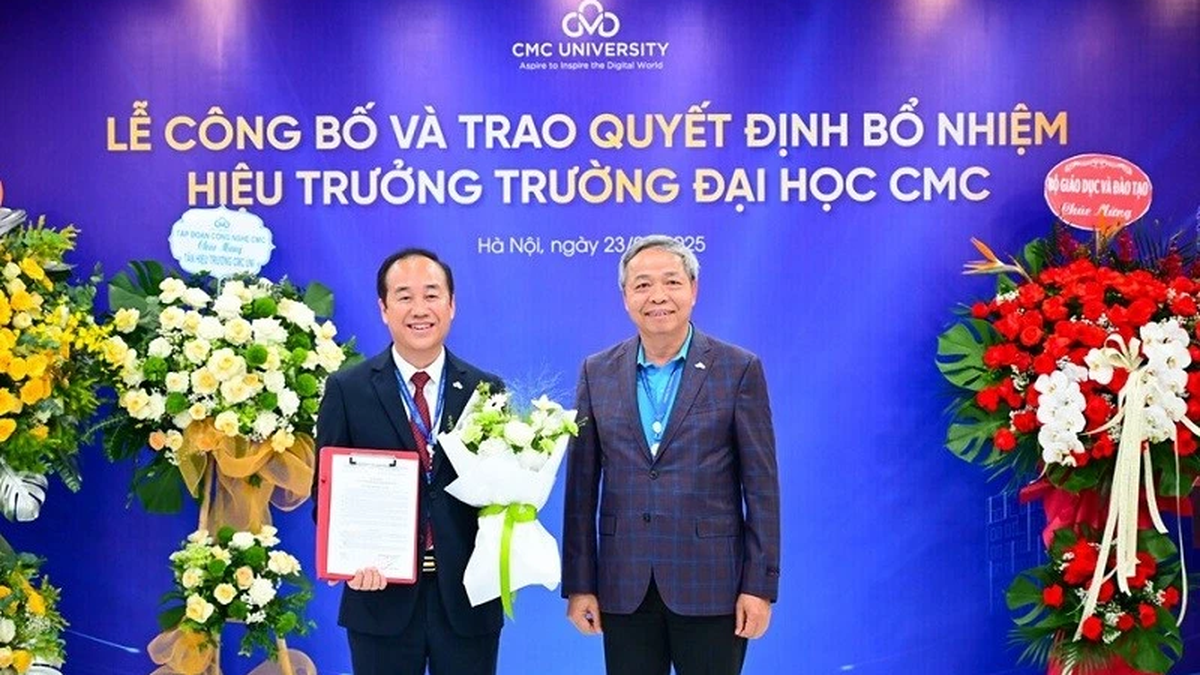
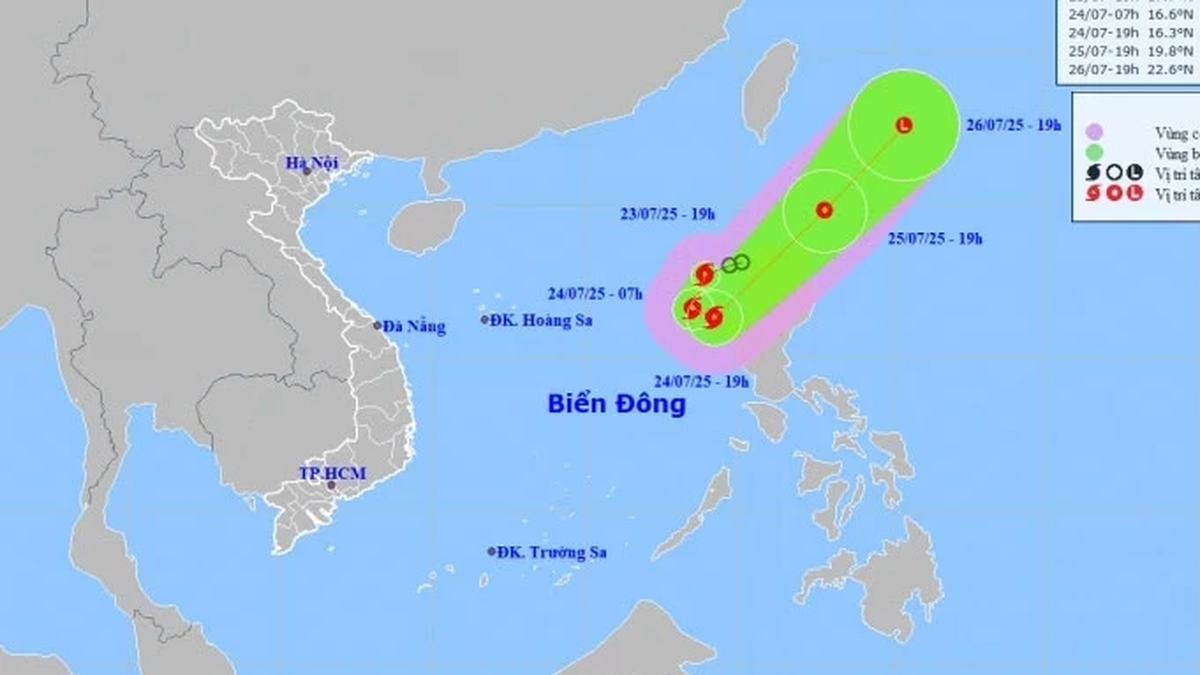
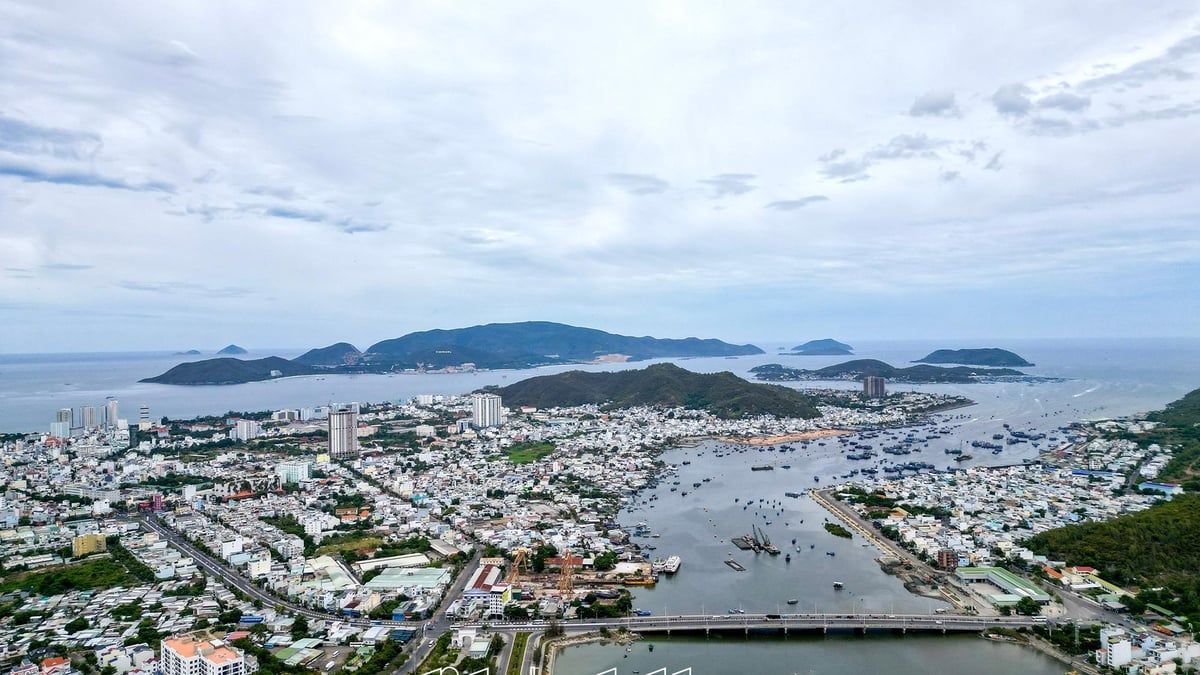
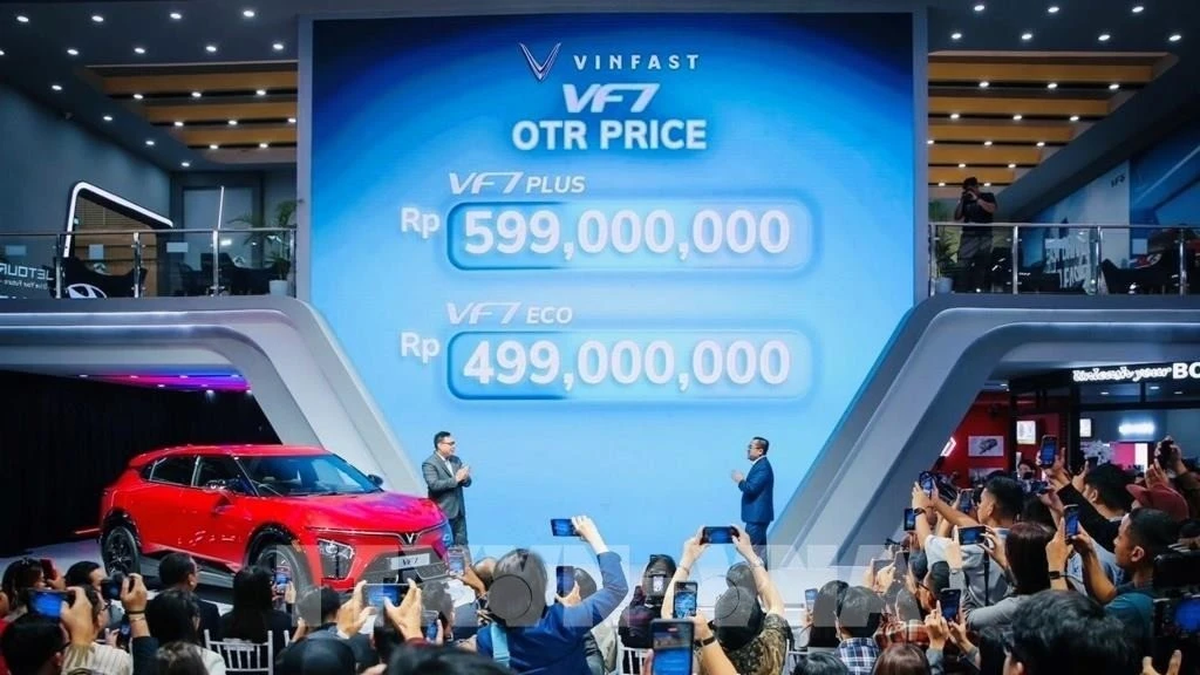
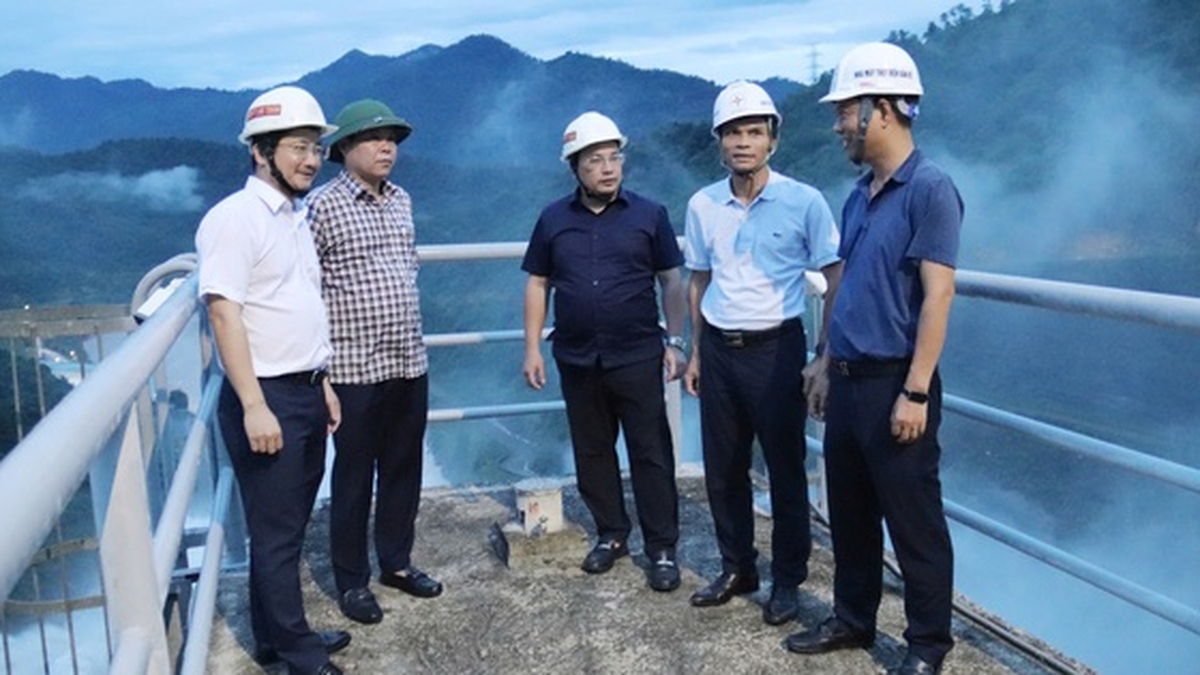
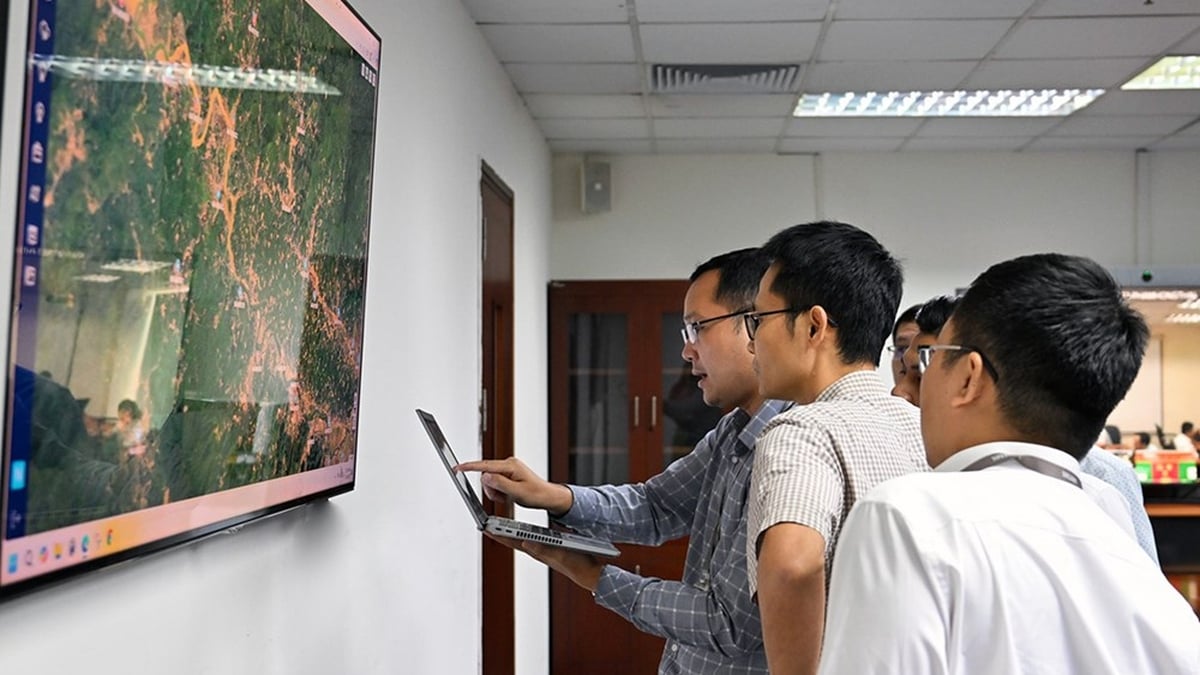

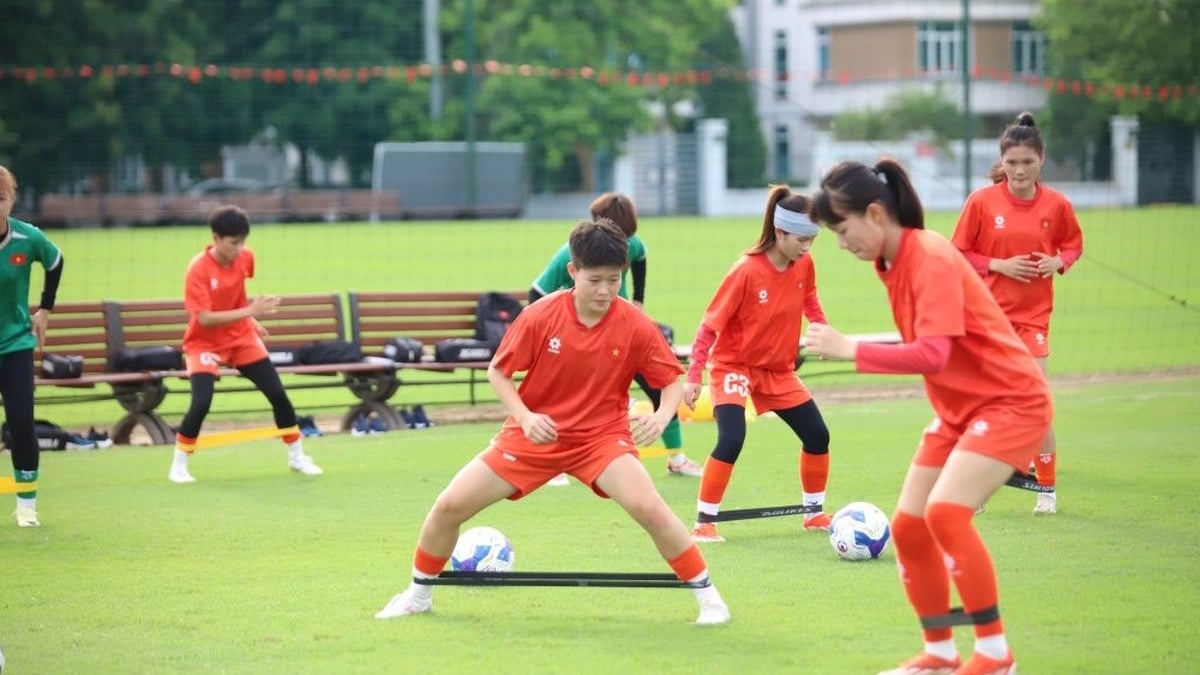















![[Infographic] Vietnam-Senegal traditional friendship](https://vphoto.vietnam.vn/thumb/1200x675/vietnam/resource/IMAGE/2025/7/23/4c96a604979345adb452af1d439d457b)













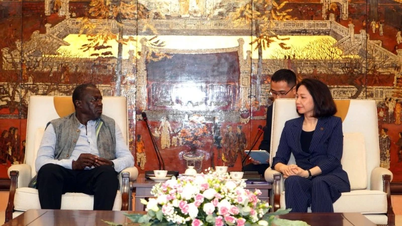


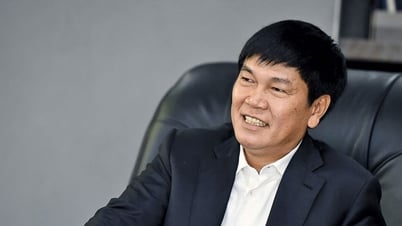
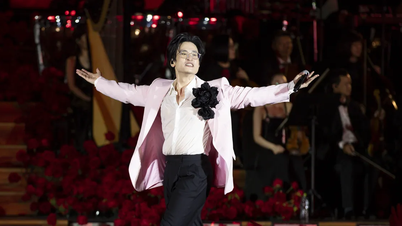





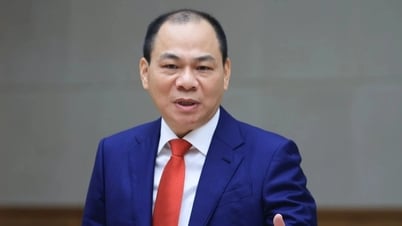

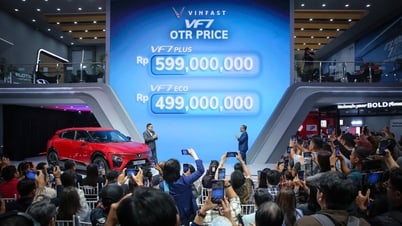

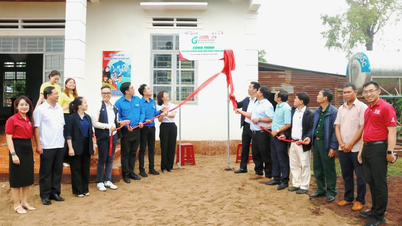

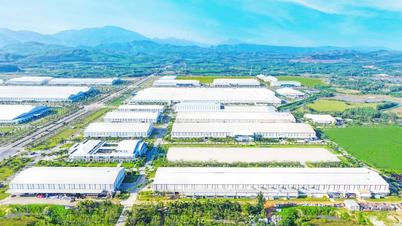
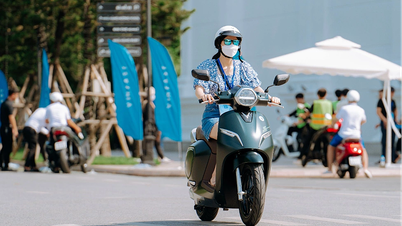



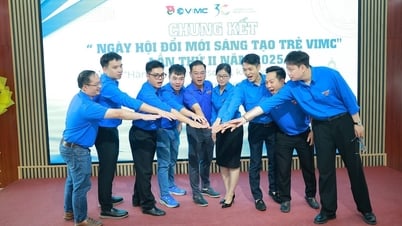
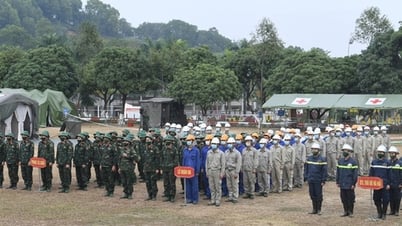





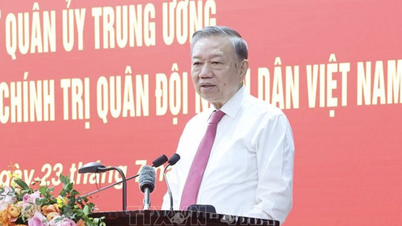

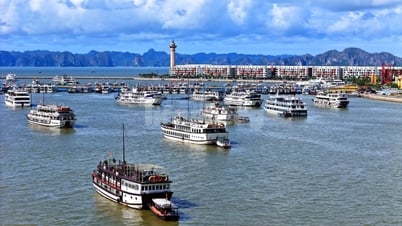





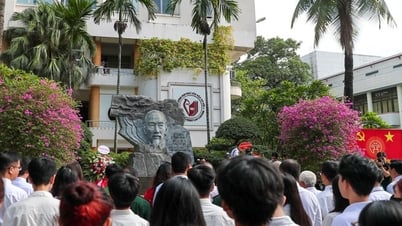

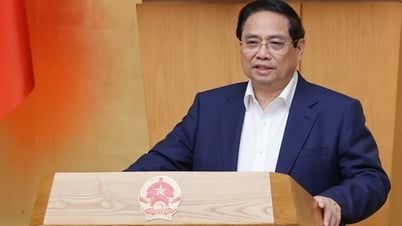
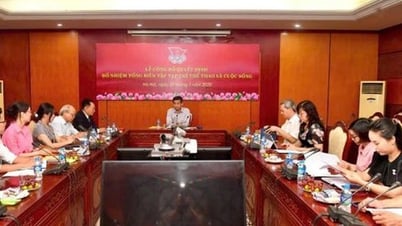

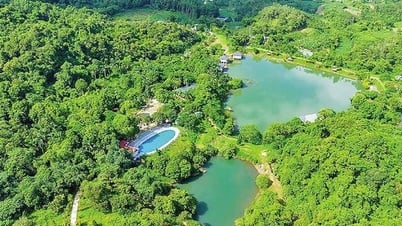






















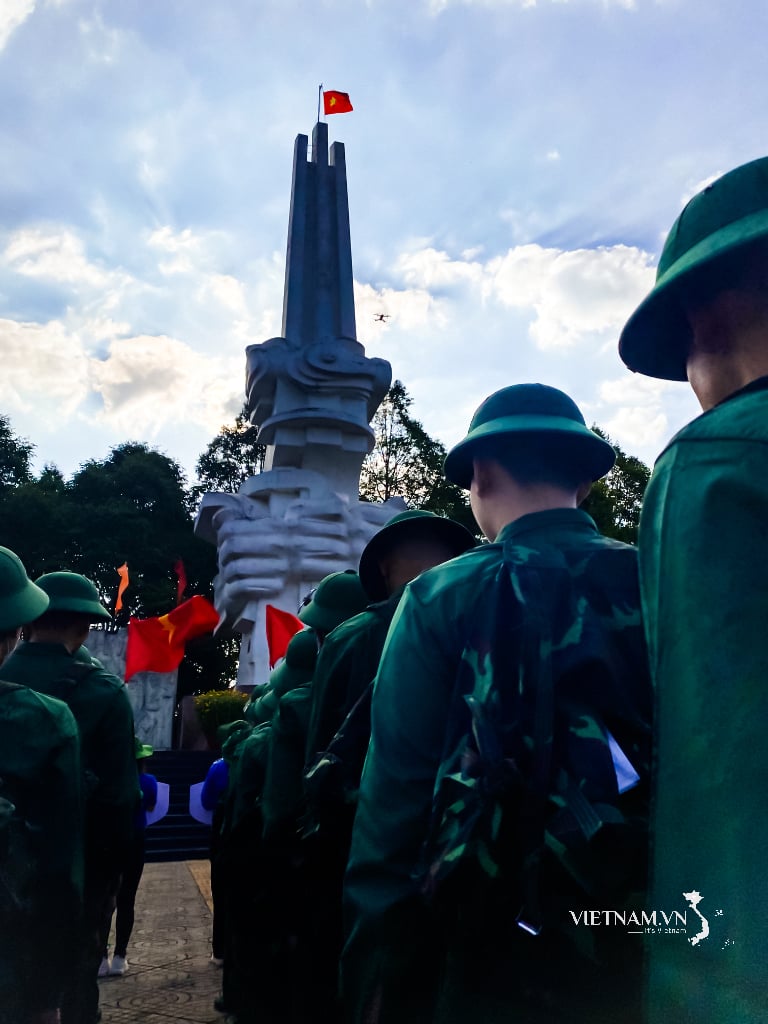
Comment (0)